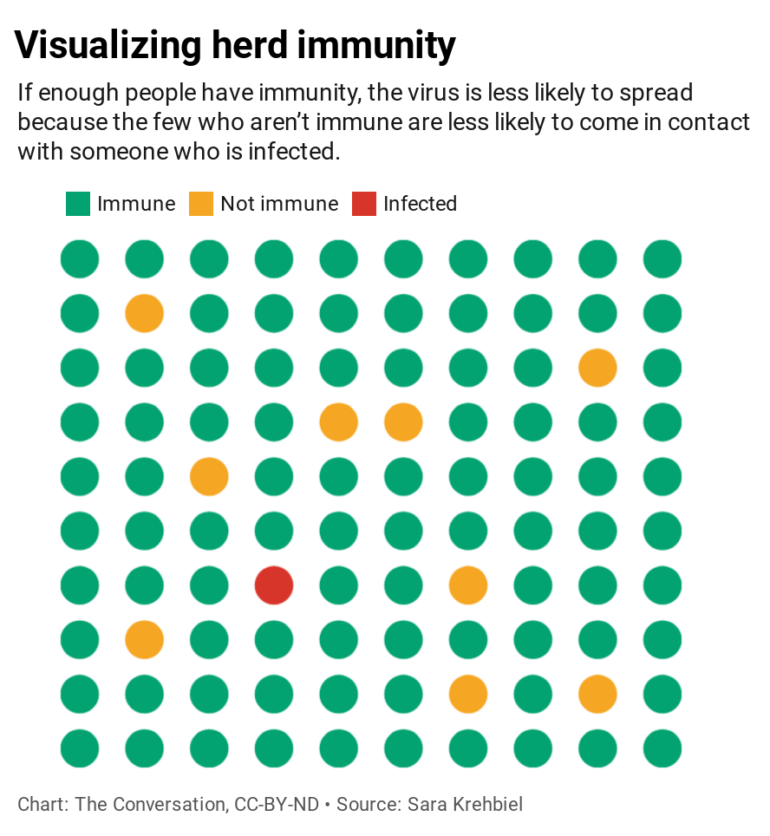An international group of scientists has called on governments to overturn their coronavirus strategies and allow young and healthy people to return to normal life while protecting the most vulnerable.
The proposal, drawn up by three researchers but signed by many more, argues for letting the virus spread in low-risk groups in the hope of achieving “herd immunity”, where enough of the population is resistant to the virus to quell the pandemic.
Described as “the Great Barrington declaration”, after the Massachusetts town where it was drawn up, the plan marks the latest round in a hotly contested debate between scientists who back radically different approaches to the crisis. One critic said the “grotesque” plan amounted to a culling of sick and disabled people.
The authors of the declaration – Sunetra Gupta, of Oxford University, Jay Bhattacharya, of Stanford University, and Martin Kulldorff, of Harvard University – argue that Covid-19 lockdowns and restrictions are having “devastating effects” on public health by disrupting routine care and harming mental health, with the underprivileged bearing the greatest burden.
While many governments are trying to suppress the virus until new treatments and vaccines are found, the trio write that older people and others at risk should be shielded while those in the least danger should “immediately be allowed to resume life as normal”.
David Livermore, a professor of medical microbiology at the University of East Anglia and a signatory of the declaration, said older people in care homes might be protected if carers were paid good salaries to live in either the homes or neighbouring accommodation for a month at a time.
The authors conceded it was harder to protect the large number of older people in the community, but suggested individuals could shield themselves. “If you’re 75, you can choose to go out as little as possible,” he said. Efforts to keep infections low “merely dragged matters out”, he added.
Last month, two scientific groups in the UK offered conflicting advice. In one open letter, Prof Gupta and her colleagues argued that suppressing the virus was “unfeasible”, while the other, headed by Prof Trish Greenhalgh, also at Oxford, said it was not practical to cut off an entire cohort of vulnerable people from open society.
William Hanage, a professor of epidemiology at Harvard, said the declaration seemed to be attacking the idea of mass, ongoing lockdowns, a proposal that nobody was suggesting. “After pointing out, correctly, the indirect damage caused by the pandemic, they respond that the answer is to increase the direct damage caused by it,” he said.
Work by Hanage and others suggests Covid becomes more lethal than flu for people in their mid-30s and climbs exponentially from there, meaning that swathes of the population would need protecting. “Stating that you can keep the virus out of places by testing at a time when the White House has an apparently ongoing outbreak should illustrate how likely that is,” he said.
Another concern, he added, was that an uncontrolled outbreak among young and healthy people could leave many with long-term medical issues, including the “long Covid” disorders that have already affected young people.
In a Twitter thread responding to the declaration, Gregg Gonsalves, an epidemiologist at Yale University, said shutdowns and other interventions were necessary to reduce rates of infection. With nearly half of the population having some underlying health risk for Covid-19, he said herd immunity strategies were about “culling the herd of the sick and disabled. It’s grotesque.”



